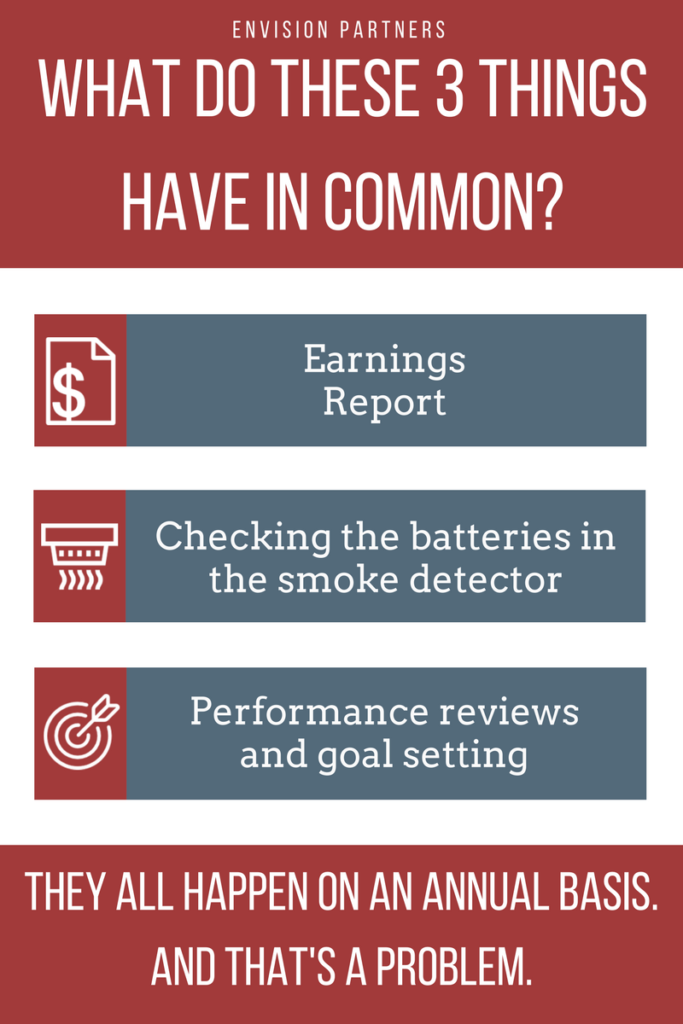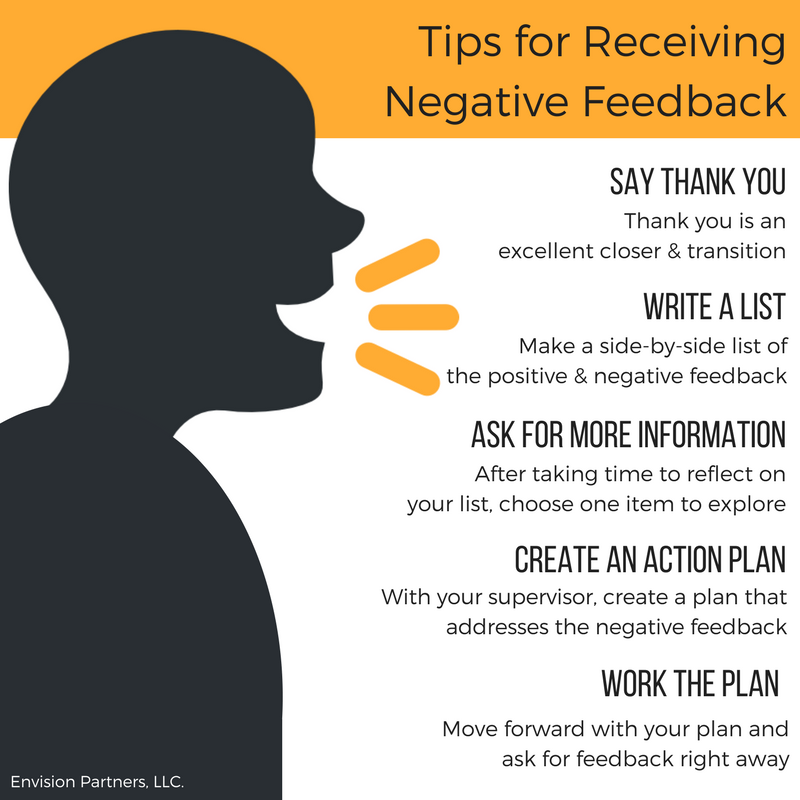Get To Know Your Boss' Boss
In sales, the mantra is “know your customers’ customers”. Roughly translated, this means that a good sales person helps the customer to solve their problems, and the salesperson’s customers’ problem is their customers. The same mantra holds true for an employee and their relationship with their boss. The purpose of any employee is to solve their boss’ problems. And what is your boss’ biggest problem? Their biggest problem is their boss. To maximize your value as an employee, you should get to know your boss’ boss.
Your boss spends significant time thinking about their boss—as much or more as you think about your boss. Bosses are not really problems, but bosses do create problems that need to be solved. Bosses create good problems like: let’s increase our sales by 10% this year; let’s get this product out the door by tomorrow; or set of a goal of reducing product loss by half.
Getting to know your boss’ boss can help to understand the motivation behind the requests your boss makes of you and your team. Why do we need increase sales by 10 percent? Likely this goal is a response to a “problem” created by your boss’ boss. The increase in sales by 10% is your boss’ response to that problem. By understanding your boss’ boss, you better understand the priorities, motivations and stressors of your boss. By just understanding that your boss has a boss too, this helps you to empathize and more easily support your boss’ requests. Taken further, however, you can help your boss to be better at their job. When you are able to help your boss identify the problems, that is, needs of their boss, before your boss does (or when they don’t), you are making a huge impact on your customer—that is, on your boss.
In sales, it’s often the case that if you make your customer more successful (and they understand your role in that success), they will buy more from you. What is the equivalent for an employee and their boss? As an employee, if you make your boss more successful (and they understand your role in that success), they will ask more from you, give you more opportunities to do more of what you want. To start, you must first accept that your job is ultimately to make your boss successful, and then do good work yourself that supports the team. Finally, go to the next level to look for ways to help your boss shine with their boss. This might mean giving your insight on what you think their boss is looking for, helping them to prepare for a meeting with their boss, or it might be promoting your boss’ success to their boss, even when it’s not asked for. There is a balance between doing your boss’ job and helping your boss do their job better. In most cases. At a minimum, never (only in the rarest of cases) make your boss look bad to their boss. This never goes well for you.
Some people are uncomfortable with this perspective of “helping your boss be successful” as it seems self-serving—and it is when done with such intention. However, “helping your boss to be successful” is also the essence of service leadership. By serving others, you are helping them and helping yourself. No salesperson would deny that.











